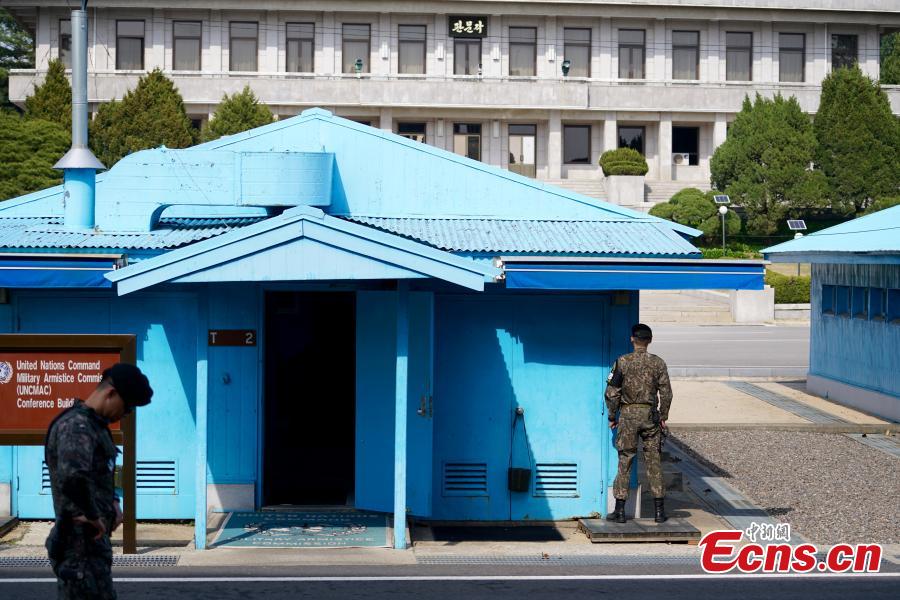Citizens' interests better safeguarded with monitoring
After two years of efforts to enhance cyber security, China's internet has been significantly purified, with citizens' interests better safeguarded, specialists said.
Thursday marks the second anniversary of Chinese President Xi Jinping's speech in which he called for enhancing the development of the internet and harnessing it for the benefit of the country and the people, according to the Xinhua News Agency.
Xi, who also heads China's central internet security and informatization leading group, made the remarks at a symposium on cyber security on April 19, 2016.
"The basic legal system of cyber security has been established in China, and law enforcement has become more experienced and effective in the past years," Wang Sixin, a media law professor at the Beijing-based Communication University of China, told the Global Times on Thursday.
China's top legislature on November 7, 2016 adopted the Cyber Security Law to safeguard sovereignty over cyberspace, national security and the rights of citizens. The law took effect on June 1, 2017.
The Cyberspace Administration of China (CAC), China's top internet regulator, on December 27, 2017 released a cyberspace security strategy, advocating peace, security, openness, cooperation and order.
The government will guarantee cyberspace sovereignty and national security, protect information and act against cyber terror and crimes, it read.
"Cyber security is a matter of national security as it concerns the economy, national defense, communication and citizen's property and safety," Wang said. "It also plays a significant role in China's economic transition."
One of the most significant features of China's new era is the rapid development of the digital economy and the construction of a smart society.
"There can be no national security without cyber security, and no modernization without the internet," said Qin An, head of the Beijing-based Institute of China Cyberspace Strategy.
Two decades ago, China had only one cable with a speed of 64 kbs/s, but the country now has 700 million internet users and more than 4 million websites, with the world's biggest 4G network, the Beijing-based Economic Daily reported on Thursday.
China's digital economy reached 27.2 trillion yuan ($4.3 trillion) in 2017, accounting for 32.9 percent of the country's GDP. Apart from online shopping and shared bikes, big data, cloud computing and artificial intelligence all have a part in Chinese people's life, the report said.
In 2017, China extended its fiber optics network by 23 percent, adding 7.05 million kilometers of fiber optics, which is almost 20 times the distance between the Earth and the moon.
Platforms more conscientious
China is also strengthening its administration of online content in a campaign to purify the online environment.
"With more powerful enforcement of monitoring and administrating online platforms, the internet in China has become more purified, and network platform operators are now more conscientious," Wang noted. "The measures taken to protect net users' property and privacy have been effective."
The Ministry of Culture and Tourism inspected more than 4,900 livestreaming apps and removed 370 online performance platforms in its latest campaign against forbidden online productions.
In early April, the State Administration of Radio and Television and the Cyberspace Administration of China asked news website Toutiao and livestreaming website Kuaishou to remove what it considered obscene and violent content. It also closed user accounts that had uploaded such content, according to Xinhua.
Wang said the duties of the various administrative departments should be better clarified and coordinated.
"The Cyberspace Administration of China's targeting of online platforms should leave space for new technologies to grow," Wang noted.


















































